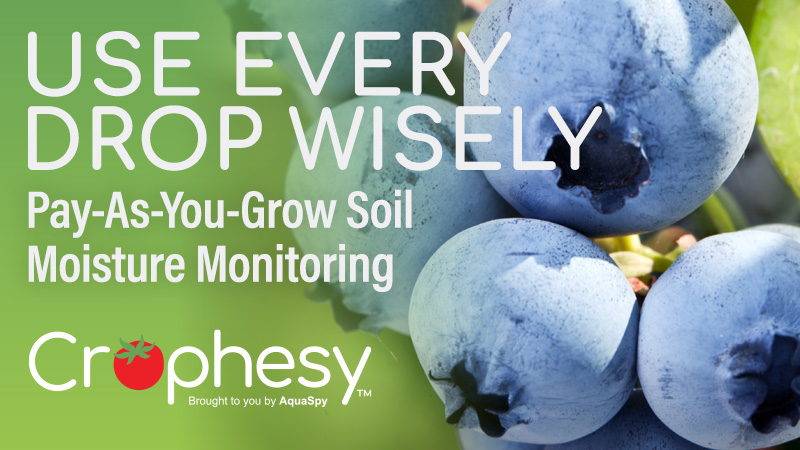Don’t Let Crop Protection Complacency Put You On The Spot

You can have too much of a good thing. And an over-indulgence can have costly consequences, especially in regard to crop protection practices. As part of the pest management portion of the 2013 Florida Citrus Show, Megan Dewdney, UF/IFAS plant pathologist based at the Citrus Research and Education Center in Lake Alfred, gave a rundown on strobulurin resistance to alternaria brown spot and citrus black spot.
According to Dewdney, for most tangerines, the infecting alternaria population is strobulurin-resistant. “If you are growing tangerines, you should be managing strobulurin resistance,” she said. “If you don’t, you should monitor, because you’ll have it soon.”
A few simple steps can help prevent a problem. Dewdney suggested using a mix of fungicides with alternate modes of action. In addition, rotating with copper and other multisite fungicides can be effective.
The second part of Dewdney’s two-pronged presentation centered on black spot. New finds recently in Polk and Hendry counties have put the disease back in the news. “The disease is on the move this year,” Dewdney said. While the resurgence of the malady is bad news indeed, Dewdney noted — in combination with HLB — black spot could accelerate fruit drop. Coincidentally, Florida citrus growers saw premature fruit drop in record numbers this season (the most since 1969-1970 season).
For proactive measures, Dewdney cautioned growers to minimize plant debris movement and to reduce leaf litter as much as possible. “All growers should be monitoring (their groves),” she said. “The ostrich mentality is not going to work for us.”









